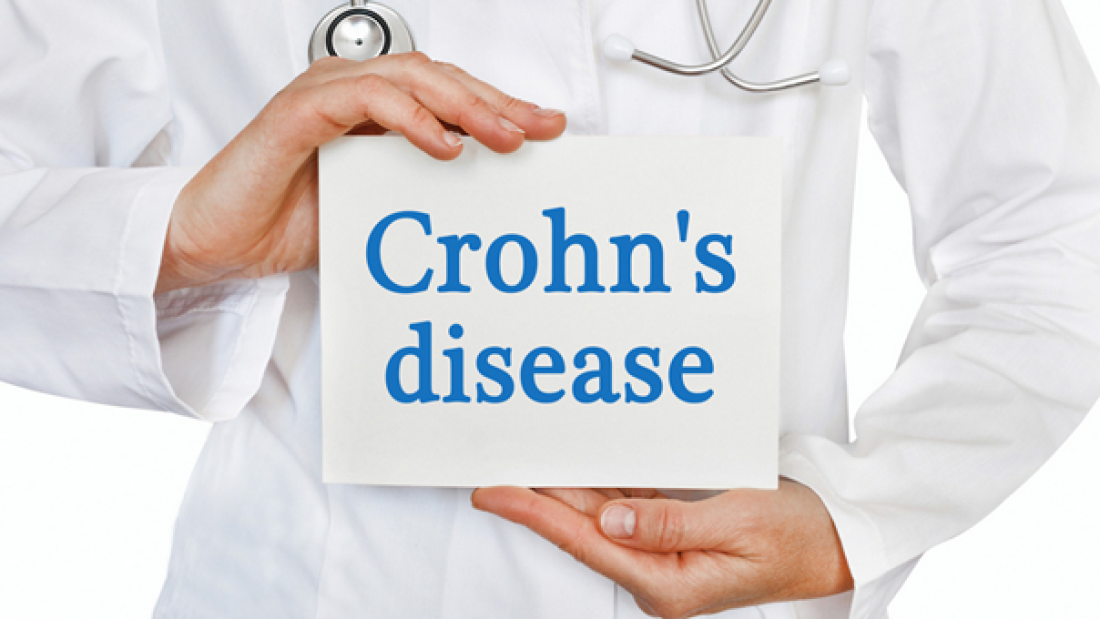Crohn’s disease is a chronic inflammatory disease of the gastrointestinal tract that might lead to progressive bowel damage and disability1. Affecting millions of people worldwide. While medication and surgery are common treatments, diet plays a crucial role in managing symptoms and improving the quality of life for those with the disease. Recent medical studies have provided valuable insights into how dietary choices can influence the course of Crohn’s disease.
Understanding Crohn's Disease
Crohn’s disease is a type of inflammatory bowel disease (IBD) that can affect any part of the gastrointestinal tract, but it most commonly impacts the end of the small intestine and the beginning of the colon2. Symptoms include abdominal pain, diarrhea, weight loss, and fatigue. The exact cause of Crohn’s disease is unknown, but it is believed to involve a combination of genetic, environmental, and immune system factors3.

The Role of Diet in Crohn's Disease Management
Dietary management is a key component of Crohn’s disease treatment. Although there is no one-size-fits-all diet for those with Crohn’s, certain dietary patterns and specific foods have been shown to help manage symptoms and promote gut health.
Anti-Inflammatory Diets
Recent studies suggest that anti-inflammatory diets can help reduce symptoms in Crohn’s disease patients. These diets emphasize whole, unprocessed foods rich in antioxidants and omega-3 fatty acids, such as fruits, vegetables, nuts, seeds, and fatty fish. The Mediterranean diet, known for its anti-inflammatory properties, has been particularly highlighted for its potential benefits in reducing intestinal inflammation.
A study published in *Gut* found that adherence to an anti-inflammatory diet resulted in decreased disease activity and improved quality of life for Crohn’s patients. The diet’s focus on healthy fats, lean proteins, and fiber-rich foods supports gut health and reduces systemic inflammation, which is crucial for managing Crohn’s disease.
Specific Carbohydrate Diet (SCD)
The Specific Carbohydrate Diet (SCD) is designed to eliminate complex carbohydrates, which can be difficult to digest and may exacerbate symptoms in some Crohn’s patients. Instead, the SCD focuses on simple carbohydrates found in fruits, vegetables, honey, and certain dairy products. A study published in the *Journal of Clinical Gastroenterology* found that adherence to the SCD led to significant improvement in symptoms and inflammatory markers in children with Crohn’s disease.
The SCD limits foods such as grains, sugars, and processed foods, which are believed to contribute to gut dysbiosis and inflammation. By simplifying the carbohydrate intake, the diet aims to restore the balance of gut bacteria and reduce inflammation, providing relief from Crohn’s symptoms.
Exclusive Enteral Nutrition (EEN)
Exclusive Enteral Nutrition (EEN) involves consuming a liquid formula as the sole source of nutrition for a set period, typically 6-8 weeks. This approach has been shown to induce remission in pediatric Crohn’s disease patients effectively. EEN is believed to work by reducing gut inflammation and providing a break from potential dietary triggers. According to a study in the *Alimentary Pharmacology & Therapeutics*, EEN was as effective as corticosteroids in inducing remission in children, with fewer side effects.
EEN is particularly beneficial for children, as it supports growth and nutritional needs while managing disease symptoms. The formula provides all essential nutrients in an easily digestible form, allowing the gut to heal and reducing inflammation.
Low FODMAP Diet
The Low FODMAP diet, originally developed for managing irritable bowel syndrome (IBS), has also shown promise for Crohn’s disease patients with overlapping IBS symptoms. FODMAPs are short-chain carbohydrates that are poorly absorbed in the small intestine. Reducing intake of high-FODMAP foods such as certain fruits, vegetables, and dairy products can help alleviate gastrointestinal symptoms like bloating and gas. A study Published by the AGA (American Gastroenterology Association) found that a low FODMAP diet significantly reduced symptoms in patients with quiescent Crohn’s disease.
By identifying and limiting specific carbohydrates that trigger symptoms, the Low FODMAP diet helps manage bloating, gas, and diarrhea, providing relief for many Crohn’s patients.

Practical Tips for Managing Crohn's Disease with Diet
- Keep a Food Diary: Tracking what you eat and your symptoms can help identify potential food triggers and patterns that may worsen symptoms. By noting the foods that lead to flare-ups, you can make more informed dietary choices.
- Stay Hydrated: Dehydration can exacerbate symptoms, especially diarrhea. Drink plenty of water throughout the day to maintain hydration and support overall health.
- Focus on Nutrient-Rich Foods: Prioritize foods that provide essential vitamins and minerals, as Crohn’s disease can impair nutrient absorption. Foods rich in iron, calcium, vitamin D, and B vitamins are particularly important.
- Small, Frequent Meals: Eating smaller, more frequent meals can be easier on the digestive system and help manage symptoms. Large meals can overwhelm the digestive system and trigger flare-ups.
- Consult a Dietitian: Working with a dietitian who specializes in IBD can help create a personalized eating plan that meets your nutritional needs and manages symptoms effectively. A dietitian can provide guidance on food choices, portion sizes, and meal planning.
Conclusion
While medication and medical treatments remain essential in managing Crohn’s disease, diet plays a significant role in controlling symptoms and improving overall health. By understanding how different dietary patterns and specific foods impact Crohn’s disease, patients can make informed choices that support their treatment and enhance their quality of life. As always, it is important to work with healthcare professionals to develop a comprehensive management plan tailored to individual needs and preferences.
Recent medical studies underscore the importance of diet in managing Crohn’s disease, offering hope and practical strategies for those living with this chronic condition. By embracing dietary changes and focusing on whole, nutrient-rich foods, individuals with Crohn’s disease can take proactive steps towards better health and symptom management.

